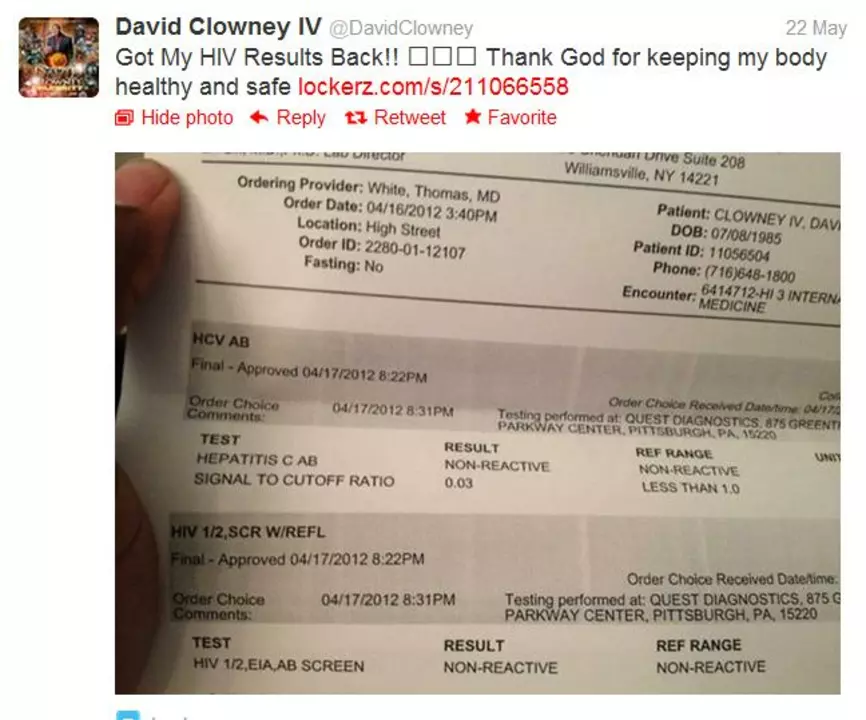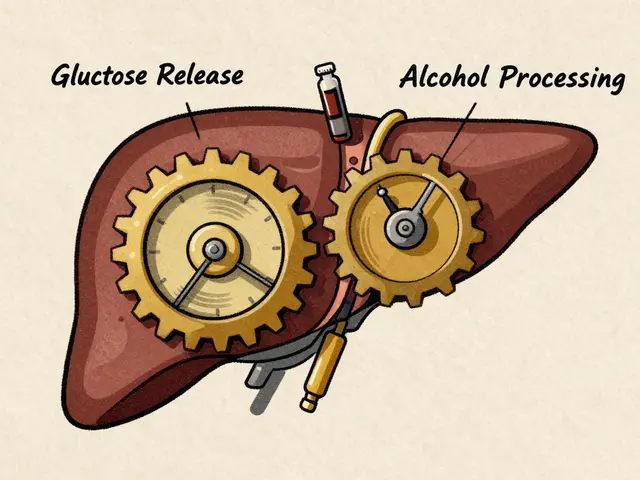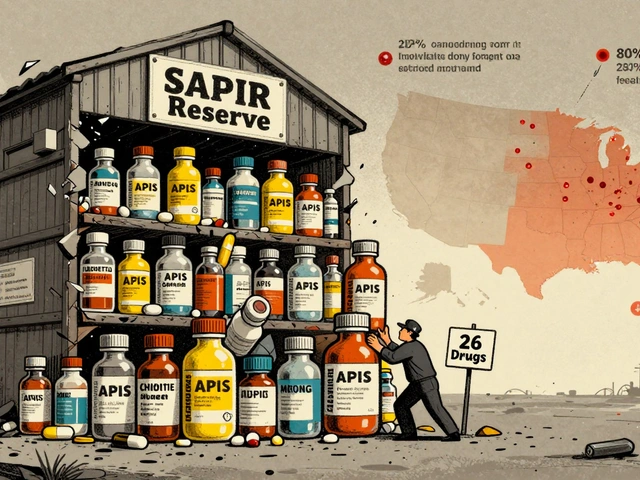Interpreting medical information: read drug articles without getting lost
Seeing a long article about a drug can feel overwhelming. Is that side effect common? Is the online pharmacy legit? This tag collects posts that help you interpret the facts fast—so you can make safer choices and talk to your clinician with confidence.
Here you’ll find straight answers: how to read dosing, what safety signals matter, when a recall changes care, and how online pharmacies differ. We pull lessons from real posts—buying Azithromycin, alternatives to Synthroid, Accutane risks, and more—to show what details matter and why.
Quick checklist for interpreting drug info
Use this checklist whenever you read an article or product page. It takes less than a minute and catches the big issues.
- Check the date: New studies or recalls (like the Zantac recall) change advice quickly.
- Look for sources: Are clinical trials, official guidelines, or regulator notices cited?
- Dose and population: Is the dose listed for adults, children, or special groups (pregnancy, kidney disease)?
- Side effects vs. risks: Is a side effect rare but serious, or common and mild? That matters for decisions.
- Interactions: Could this drug clash with common meds like blood thinners or antibiotics?
- Legal & supply notes: Is a drug prescription-only in your country? Are online sellers verified?
- Comparisons: For thyroid drugs or generics vs. brand, check evidence on effectiveness and cost.
How to use these articles right now
Read with a purpose. If you’re comparing treatments, focus on efficacy, side effects, and monitoring needs. If you’re buying online, check pharmacy credibility and legal points explained in our buyer guides. For example: an article about buying Azithromycin online highlights red flags for fake pharmacies; a piece on Torsemide explains dose adjustments for heart or kidney issues. Use those concrete tips straight away.
If a post mentions studies, scan for study size and result clarity—large randomized trials are stronger than single case reports. When you hit jargon like "bioequivalence" or "off-label use," our articles usually explain what that means for you in plain terms.
Final step: bring notes to your clinician. A short list—what you read, what worries you, and any alternative you liked—makes appointments far more useful. Want a quick start? Browse the posts under this tag for focused pieces on drug safety, buying medicines, and treatment alternatives.
Questions about a specific drug or article? Use our contact page to send a quick note—tell us the post title and your question, and we’ll point you to the key facts or updates.

- May 19, 2023
- Posted by Cillian Osterfield
Interpreting Your HIV-1-2 Test Results: What They Mean and What to Do Next
I recently came across some important information on interpreting HIV-1-2 test results which I think is crucial for everyone to understand. Firstly, the results can be positive, negative, or inconclusive, and it's essential to know what each of these mean for our health. A positive result indicates the presence of HIV antibodies, while a negative result means no antibodies were detected. However, if the test is inconclusive, it means more testing is needed to confirm the presence of HIV. In any case, it's always best to consult with a healthcare professional to discuss the results and determine the next steps for maintaining our health and well-being.
Categories
- Health and Wellness (72)
- Medications (71)
- Health and Medicine (28)
- Pharmacy Services (12)
- Mental Health (9)
- Health and Career (2)
- Medical Research (2)
- Business and Finance (2)
- Health Information (2)
Latest Posts
©2026 heydoctor.su. All rights reserved





